A hundred years ago, on 26 January 1921, governments of the members of the Supreme Council of the Allied Powers – France, the United Kingdom, Belgium, Italy and Japan – recognised the Republic of Estonia.
On 27 January 1921, the Postimees daily announced, “Final recognition – which is, after all, what recognising ‘de jure’ or ‘by law’ means – by the major powers of the West completely opens up the path for the Estonian people into the esteemed family of nationally independent nations. Any doubts and disbelief about whether the Estonian nation, regardless of its thirst for freedom and brave struggle for independence, can preserve its independence have been removed once and for all with the final recognition among the great Western nations.”

The de jure recognition from major powers brought increased political and territorial security and opened the door to subsequent acts of recognition, as well as providing an opportunity to launch friendly relations and boost economic prosperity through trade, the Estonian foreign ministry said in a statement.
Japan among Estonia’s most important trading partners in Asia
“The friendly relations established a hundred years ago remain strong today. Estonia has embassies in France, [the] United Kingdom, Belgium, Italy and Japan, and we enjoy close contacts bilaterally as well as in international organisations,” the ministry said.
On 26 January, the Estonian foreign ministry’s undersecretary for political affairs, Rein Tammsaar, and the Japanese ambassador to Estonia, Hajime Kitaoka, met to celebrate the centenary of official relations between Estonia and Japan.
“It is a joy to note that relations between Japan and Estonia, which have been traditionally good, have become even closer in recent years,” Tammsaar said. “We aim to boost the economic relations of Estonia and Japan, and support Estonian companies in the export of products and services with great potential. High-level meetings in recent years also attest to our excellent relations.”
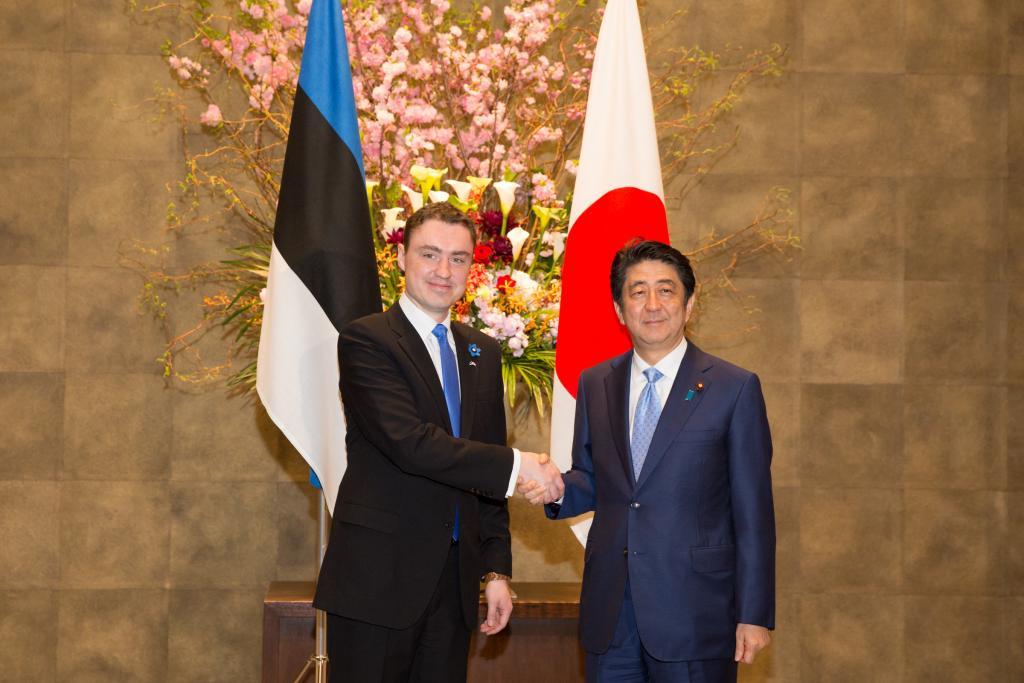
Japan is among Estonia’s most important trading partners in Asia. Interest has grown in Estonia’s activities in developing an e-state and digital services, while cultural ties are also close. Estonian experts often speak at various forums and municipalities in Japan, the foreign ministry asserted.
Strong ties with France
After the Soviet occupation of Estonia, on 6 September 1991, the new Japanese ambassador to Estonia, Hirokazu Arai, presented the official recognition of Estonia’s independence to the Estonian officials. The two nations’ diplomatic relations were restored on 10 October and on 1 January 1993, Japan opened its embassy in Tallinn. Estonia opened its embassy in Tokyo on 4 March 1996.
Another important partner to Estonia in the international arena is France. The cornerstone of the relations between the two countries is France’s recognition of the Republic of Estonia’s legal standing – it never recognised the Soviet Union’s occupation of Estonia.
Diplomatic relations between Estonia and France after the Soviet occupation were re-established on 30 August 1991. The two countries enjoy strong economic and cultural ties; in the field of defence, the two countries cooperate closely both bilaterally and multilaterally.
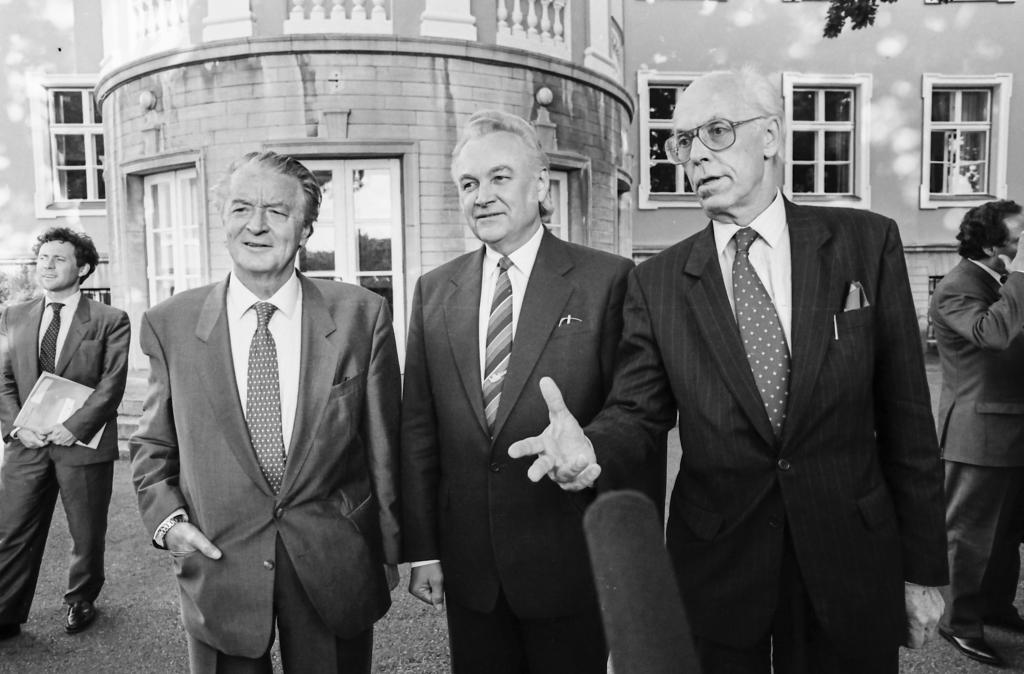
The main areas of defence cooperation are international operations and cyber defence. France is also one of the most important supporters of the Baltic air-policing mission, having participated in it since 2007. France has participated in many projects aimed at helping the Baltic states in the area of defence and supported French language training in the Estonian Defence Forces.
Italy one of the founding members of the NATO Cyber Defence Centre
Another major power to recognise Estonia on 26 January 1921 was Italy. The first Italian ambassador to Estonia was Agostino Depretis, who presented his credentials in February 1921. In June 1921, Estonia’s first diplomatic representative in Italy, Karl Robert Pusta, residing in Paris, presented his credentials. The first Estonian ambassador to reside in Rome was Karl Tofer, who presented his credentials in 1927.
Before the Second World War, the Italian Institute of Culture was active in Estonia. Historian Indro Montanelli, a grand figure in the Italian press, headed it.
Italy re-recognised Estonia on 27 August 1991 and diplomatic relations between the two countries were restored on 31 August the same year. Italy’s first ambassador to the restored Republic of Estonia was Carlo Siano. The Estonian embassy in Rome resumed work in September 1996.
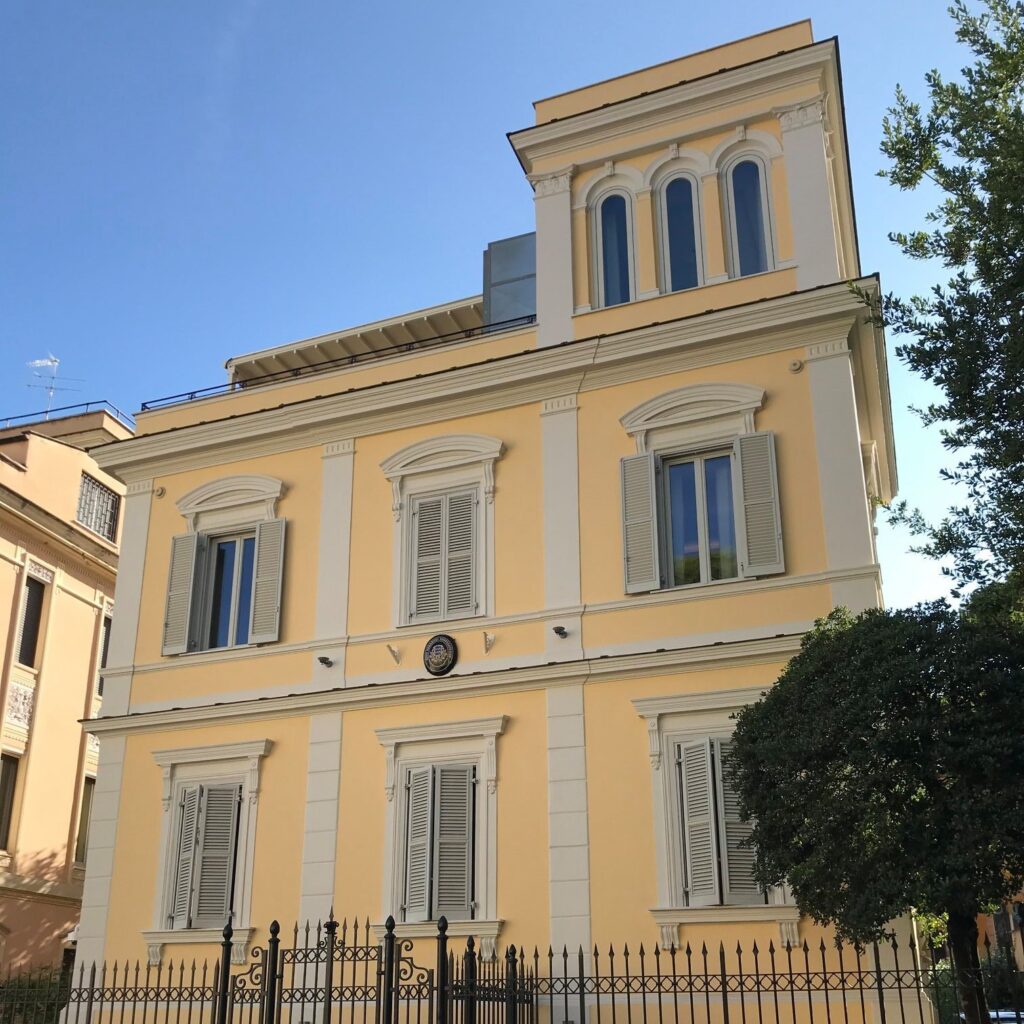
Estonia and Italy enjoy strong defence relations with Italy having participated in the Baltic air-policing mission and being one of the founding members of the NATO Cyber Defence Centre that’s based in Tallinn. Italy and Estonia also have a defence cooperation agreement that became effective in 2001. Estonians and Italians have served together in a peacekeeping mission in Kosovo.
The United Kingdom also recognised Estonia’s independence on 26 January 1921. The UK has always been a strong supporter of Estonia’s independence and development. This relationship had its beginning during the Estonian War of Independence, when the UK sent a Royal Navy detachment to defend Estonia’s shores.
A webinar to mark the Estonia-UK relations
In the 1920s and 1930s, political and trade relations between Estonia and the UK flourished. More than 30% of Estonia’s exports went to the UK, an important trade partner for Estonia at the time.
The UK never recognised Estonia’s annexation in 1940, and it reaffirmed its recognition of Estonia’s independence on 27 August 1991 after de facto independence had been restored after the Soviet occupation.
Diplomatic relations between the two countries were re-established on 5 September 1991, following which the embassies were re-opened in Tallinn and London.
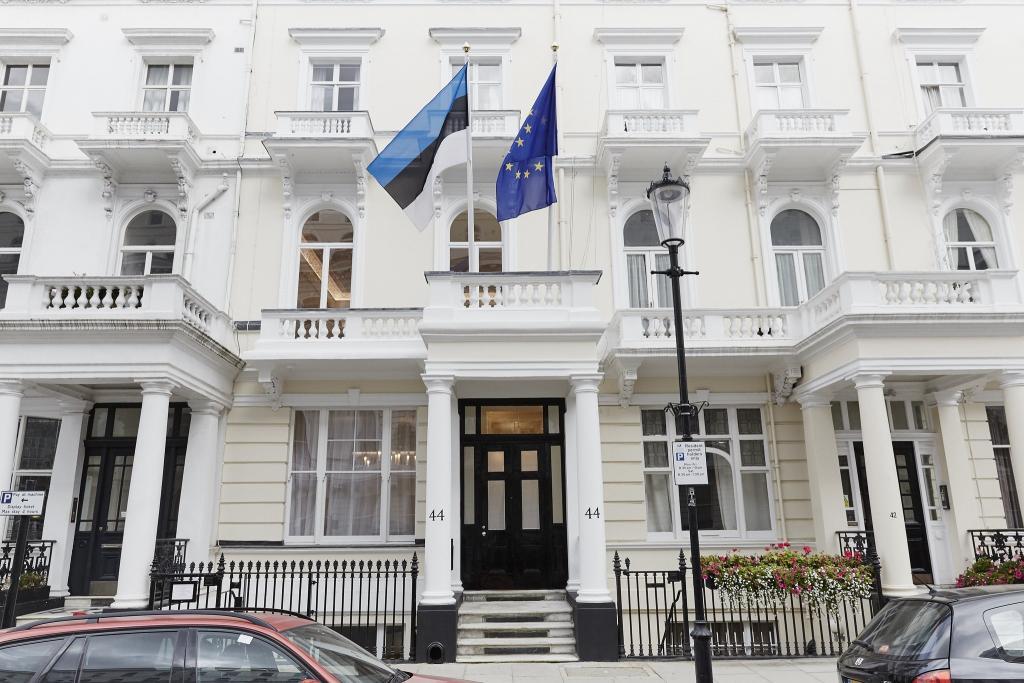
To mark the establishment of diplomatic relations between Estonia and the UK, the two countries held a webinar, “100 Years of Diplomatic Relations: Estonia and the United Kingdom”, organised by the Centre for Geopolitics at Cambridge University and the University of Tartu, in collaboration with the Estonian embassy in London, the British embassy in Tallinn and the Estonian foreign ministry. Estonian World broadcasted the webinar live and its recording is available for re-watching.
Cover: The Estonian Provisional Legation in London commenced work in the spring of 1918. Pictured, the London embassy staff in 1920. Photo from the archive of the Estonian foreign ministry.

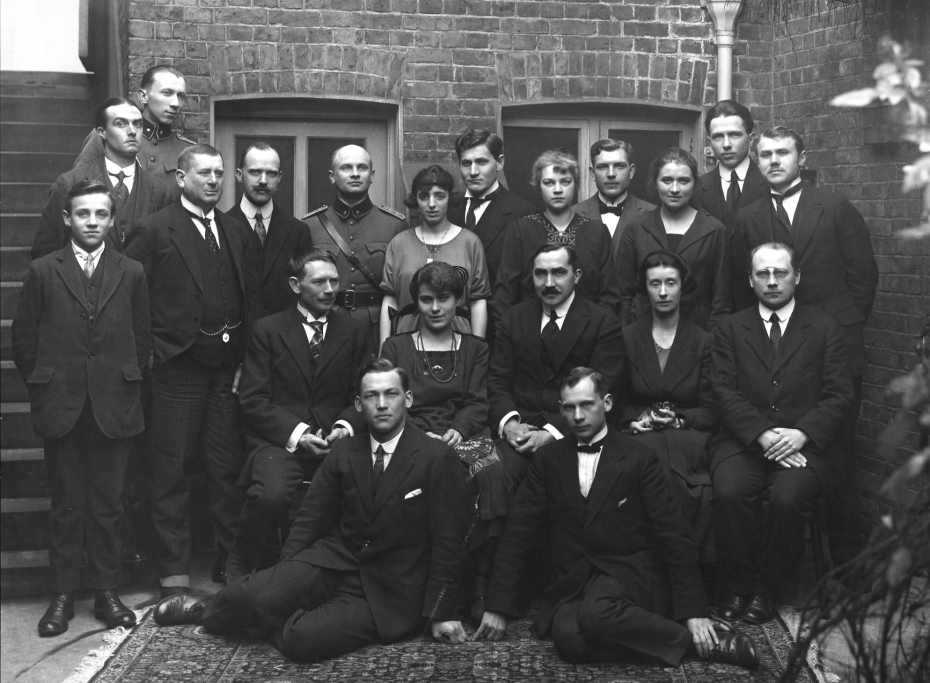
Today (11.09.2021) is the 30th anniversary of the China-Estonia relation. I bet Estonians would rather mourn the 20th memorial of 9/11 instead.